The European Commission has set objectives for the EU to improve natural disaster resilience
The European Commission today laid out its primary vision on how the EU should contribute to the global efforts to reduce the impact of natural disasters.
The commission’s decision comes in anticipation of the expiration of the UN’s Hyogo Framework for Action (HFA) in 2015, a 10-year plan adopted by 168 UN member states that voluntarily committed to work on five priorities for action with the objective of making the world safer from natural hazards and to build disaster resilience.
Since the adoption of HFA, in the EU alone, natural disasters have caused more than 80,000 deaths and €95bn in economic losses, according to the EU.
As the expiration of HFA draws nearer, the commission has initiated a consultation to shape the post-2015 framework for disaster risk reduction.
The consultation between EU member states, the EU Parliament and stakeholders will focus on mitigating the effect of natural and man-made disasters and to build a new framework for disaster risk reduction. The key areas of the commission’s objectives are around transparency and governance post-HFA, a focus on results and measurements, sustainable and smart growth and special attention on the most vulnerable.
The outcomes of this consultation will fuel further discussions between EU member states, the EU Parliament, the Committee of the Regions, the European Economic and Social Committee and other stakeholders, such as civil society, academia and the private sector, as well as international partners and the UN System.
The outcome of this dialogue will feed into the preparatory process for the World Conference on Disaster Risk Reduction (Sendai Summit) scheduled for March 2015 and the two Preparatory Committee meetings at UN level that will take place on 14-15 July and 17-18 November 2014 in Geneva.





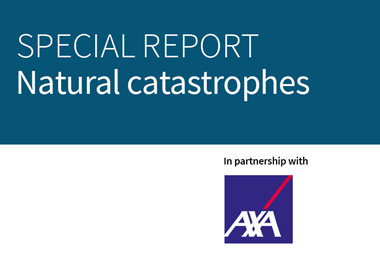
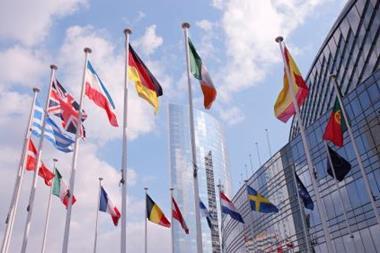
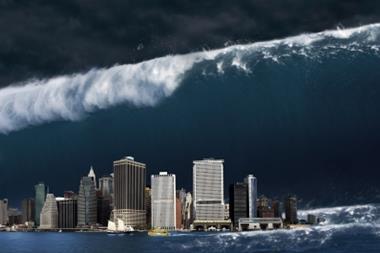

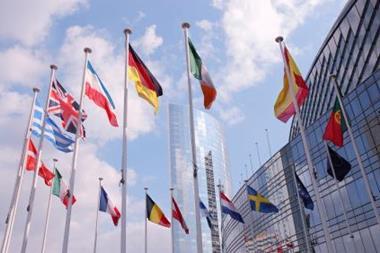
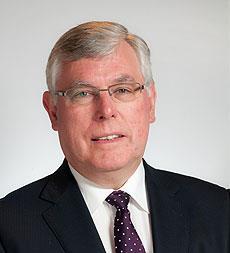









No comments yet